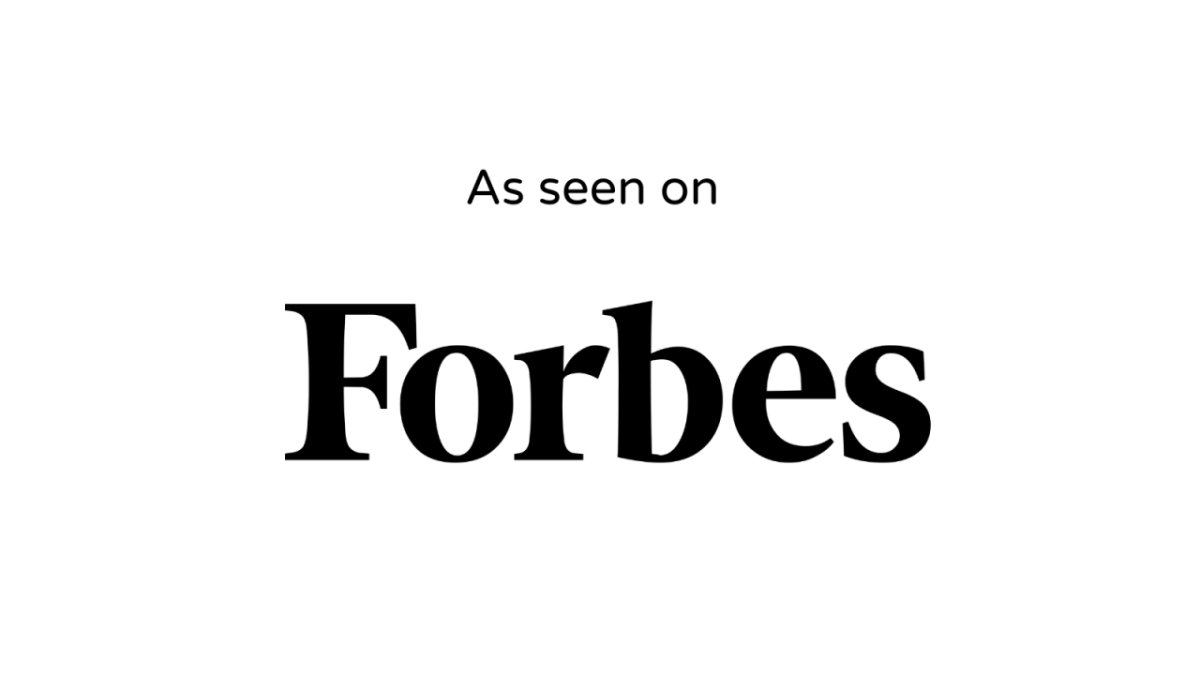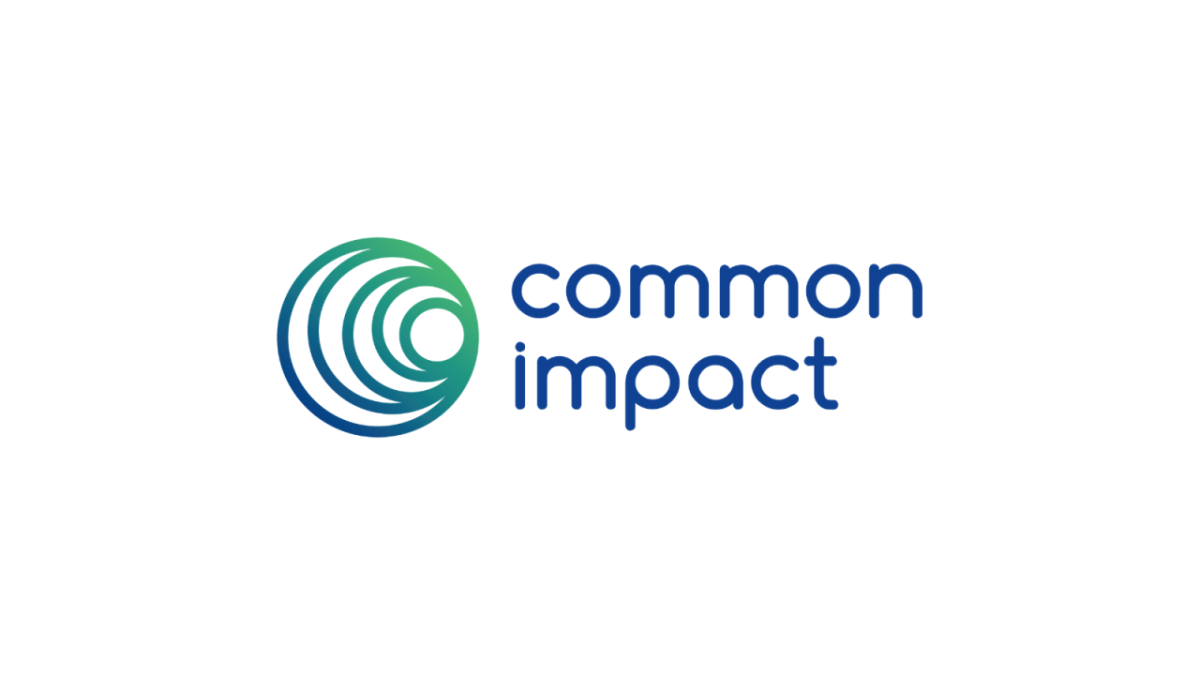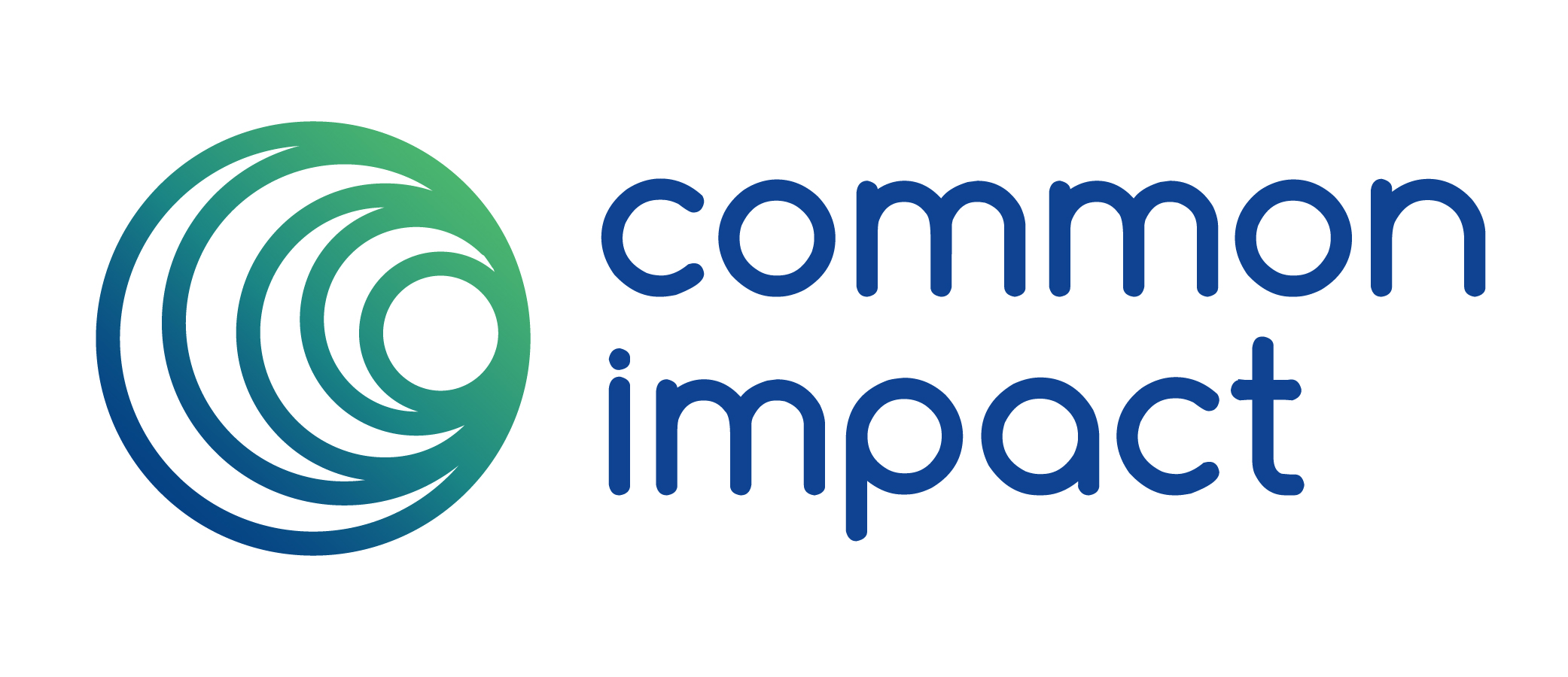Volunteering: A Proven Way To Improve Employee Well-Being
Leila Saad is the CEO of Common Impact, a nonprofit with 20 years of experience creating skills-based volunteering programs.
A recent newsflash about employee well-being programs has been making the rounds, and the headline is striking: They don’t work. The news comes from the Oxford Wellbeing Research Centre, which studied the outcomes of 90 workplace well-being interventions (i.e., mindfulness apps, coaching sessions, relaxation classes and resilience courses) and found that a majority of them did nothing to improve outcomes for employees in the workplace at a collective level—except for volunteering. Now, to be fair, this is based on just one study and, as the research states, it’s unclear whether these other interventions worked for some employees at the individual level. However, it’s important to note that the Oxford research concluded volunteering has an impact on well-being because it provides a sense of purpose and belonging. Other research confirms a strong connection between volunteering and mental health and even demonstrates that it can lead to a longer life.
As the CEO of an organization that creates corporate volunteering programs that are highly regarded by employees, this makes perfect sense to me. Employees involved in our programs tell us they appreciate the opportunity to give back, feel a sense of purpose and build new relationships. People tell us they leave feeling rewarded, invigorated and grateful.
In my opinion, volunteering deserves much more attention. For one thing, many companies are already running these programs. According to SHRM, nearly 50% of companies offer them. Many purpose-driven companies already recognize that volunteering is a win-win that helps nonprofits and communities while also helping their employees.
There are two types of corporate volunteering programs, and each has unique benefits:
• Traditional Volunteering: Traditional volunteering programs support schools, organizations or communities by providing extra hands for important projects like painting classrooms, serving meals at shelters or running errands for the elderly. Nonprofits and communities benefit from this hands-on volunteering and employees find them personally rewarding. When done with co-workers, they are a great way to build teams.
• Skills-Based Volunteering: In skills-based volunteering, corporate volunteers use their professional skills and expertise in areas like strategy, finance, marketing or human resources to support a nonprofit’s organizational challenge, freeing up time so they can focus on their mission. Nonprofits benefit from skills-based volunteering because key expertise is provided free of cost. Corporate volunteers can tackle big projects that have a deep impact on nonprofits. They are meaningful for employees, and employees develop skills in the process, “at 95% the rate of traditional volunteer projects.” They, too, are known to be effective for team building.
There are so many upsides to volunteering, it’s a wonder not everyone is doing it. Offering volunteering programs has its challenges, however, especially when you are new to it. There will be a cost associated with it, which may be prohibitive, even if it is just investing the time of a team member to coordinate the effort. Of course, you need to commit your employees’ working time as well. Programs can be as brief as a day or even shorter, or they can last weeks or occur over a period of time. Volunteer opportunities can never be offered en masse like a mediation app can, although our organization has facilitated sessions involving up to 250 people at a time.
From my experience, a few tips can ensure volunteering program success:
• Carefully curate the project. For traditional volunteering, this can mean offering a variety of program types to foster employee choice and ensure a strong mission fit. For skills-based volunteering, the key is to intentionally co-create the project with the nonprofit, so it meets their current needs and capacity, as well as to thoughtfully recruit volunteers and accurately match them to the nonprofit’s project to ensure they fruitfully contribute.
• Intentionally involve leadership. In our experience, projects that are given the stamp of approval by senior leaders are the most impactful. When employees get the message that purpose is valued at the top, employees are more likely to give it their all and, in turn, get the best experience out of it.
• Facilitate engagements closely. Truly impactful programs require facilitation, so assigning a key lead is best practice. Outsourcing to an organization like mine is also possible. Either way, the goal is to ensure a positive experience for both employees and the organization.
• Demonstrate and share impact. After giving precious time to a nonprofit cause, there is no better reward than hearing about your impact. We always create time at the end of our engagements for volunteers and nonprofits to talk about their work together. It is not an overstatement to say that sometimes there is not a dry eye in the house during these sessions.
Community volunteering used to be a part of the fabric of American society and community life. Nowadays, some of the most powerful volunteering is happening in the workplace. This is not just good for communities; it is good for the well-being and mental health of us all.
Follow Leila Saad on LinkedIn.
For more social impact content, follow Common Impact on LinkedIn and sign-up for our monthly newsletter. Ready to learn more about skills-based volunteering? Contact us.
# # #
About Common Impact
Common Impact is a national nonprofit that fosters meaningful partnerships between purpose-driven Fortune 500 companies and nonprofits worldwide to propel social good. Since 2000, Common Impact has generated over 205,000 hours of skills-based volunteering and $40 million in resources. Common Impact is dedicated to helping nonprofits expand their capacity, improve efficiency, and deliver on their mission with customized and impactful projects through corporate partnerships. Learn more about Common Impact’s services, impact, and clients.
# # #
Media Contact
Elizabeth Cross, Obviouslee Marketing
common-impact@obviouslee.com




